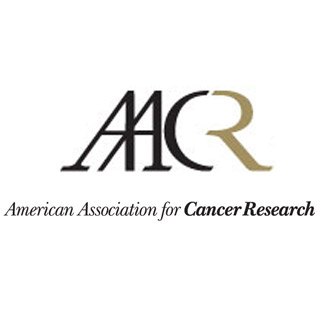
In order to conduct the research, scientists thoroughly evaluated blood and tumor samples from patients displaying clinical responses to treatment with a combination of immune stimulants and regulatory molecules. It appeared that the immunotherapies stimulated a host response that targeted the selective destruction of tumor blood vessels. Patients were probably able to produce antibodies that are capable of neutralizing factors which develop as well as maintain tumor blood vessels.
The immune treatments apparently activated cellular processes in the tumor microenvironment. This activation in return allegedly achieved an anti-angiogenic response. Glenn Dranoff, M.D., associate professor of medicine at the Dana-Farber Cancer Institute and colleagues believe that the body’s own immune system can be employed for halting angiogenesis. It was concluded that the findings can help introduce treatments for cancer.
The research was published in Cancer Research.
